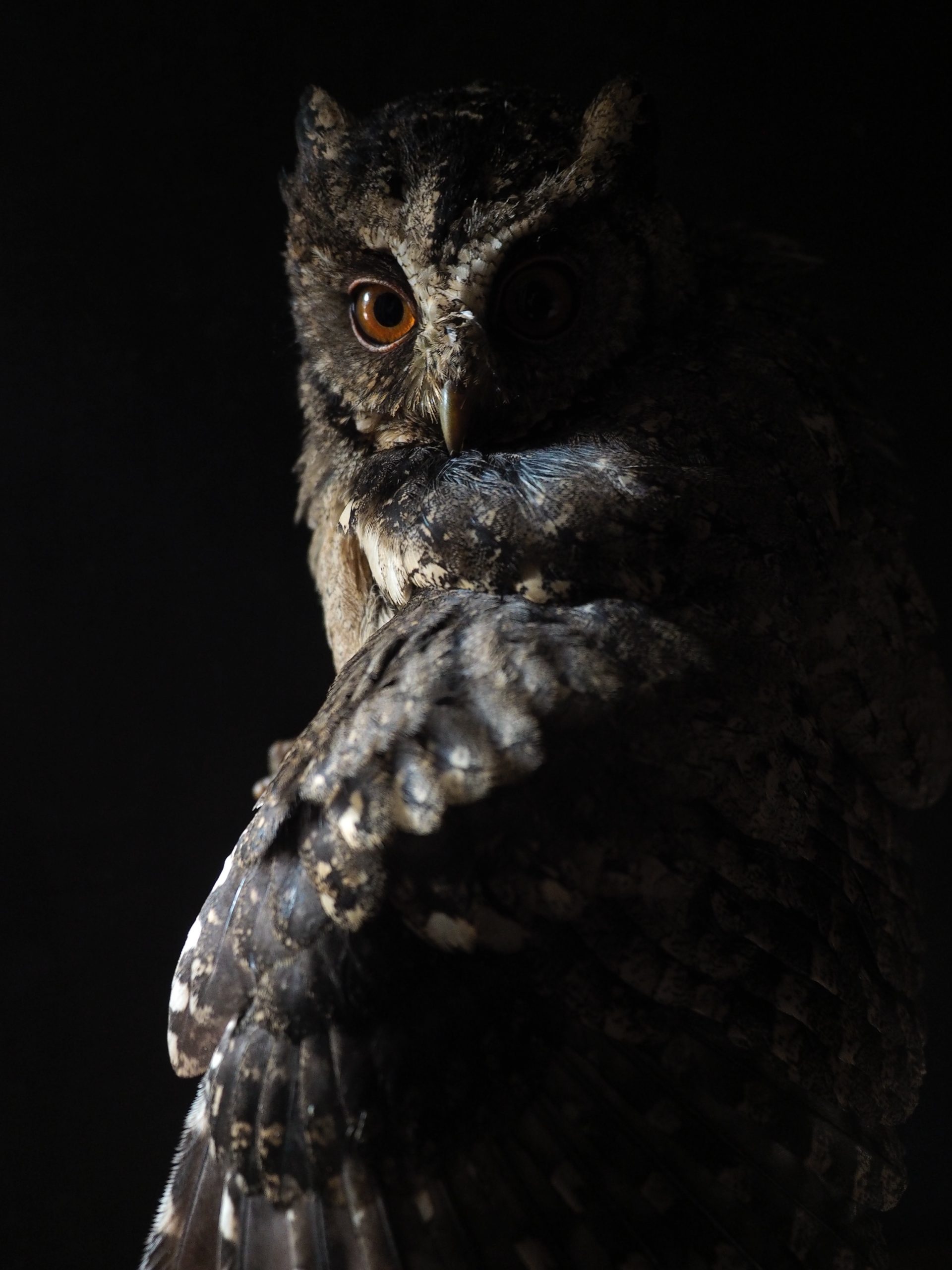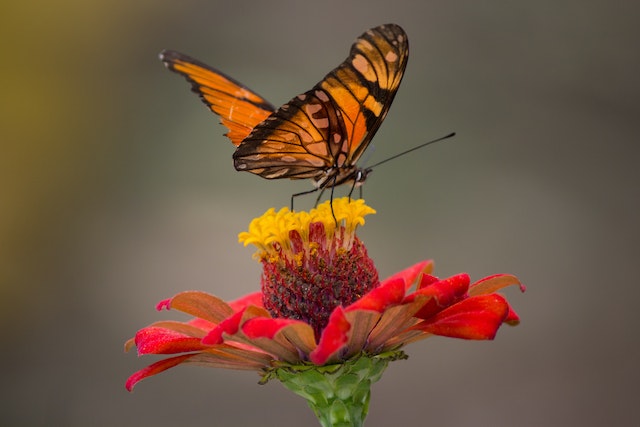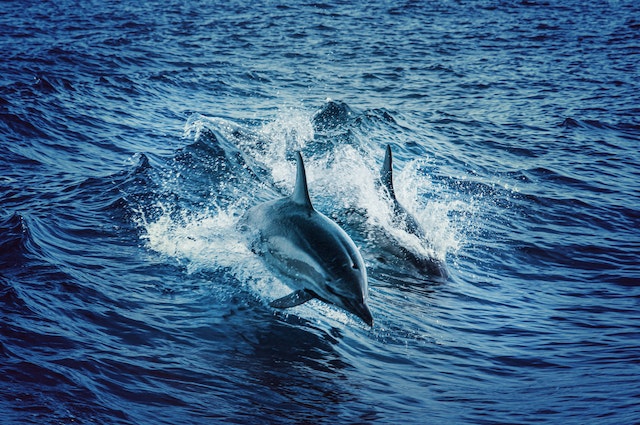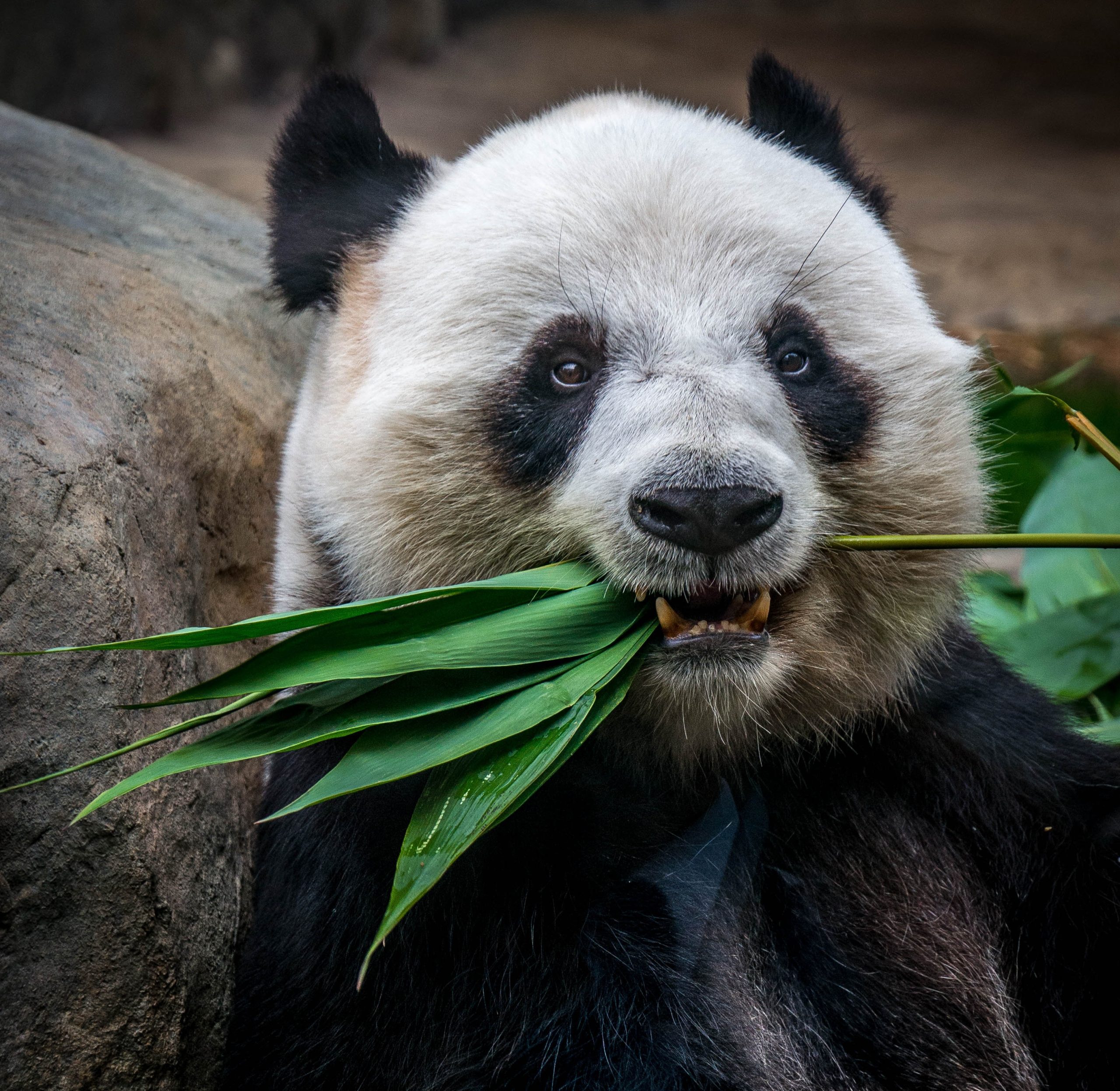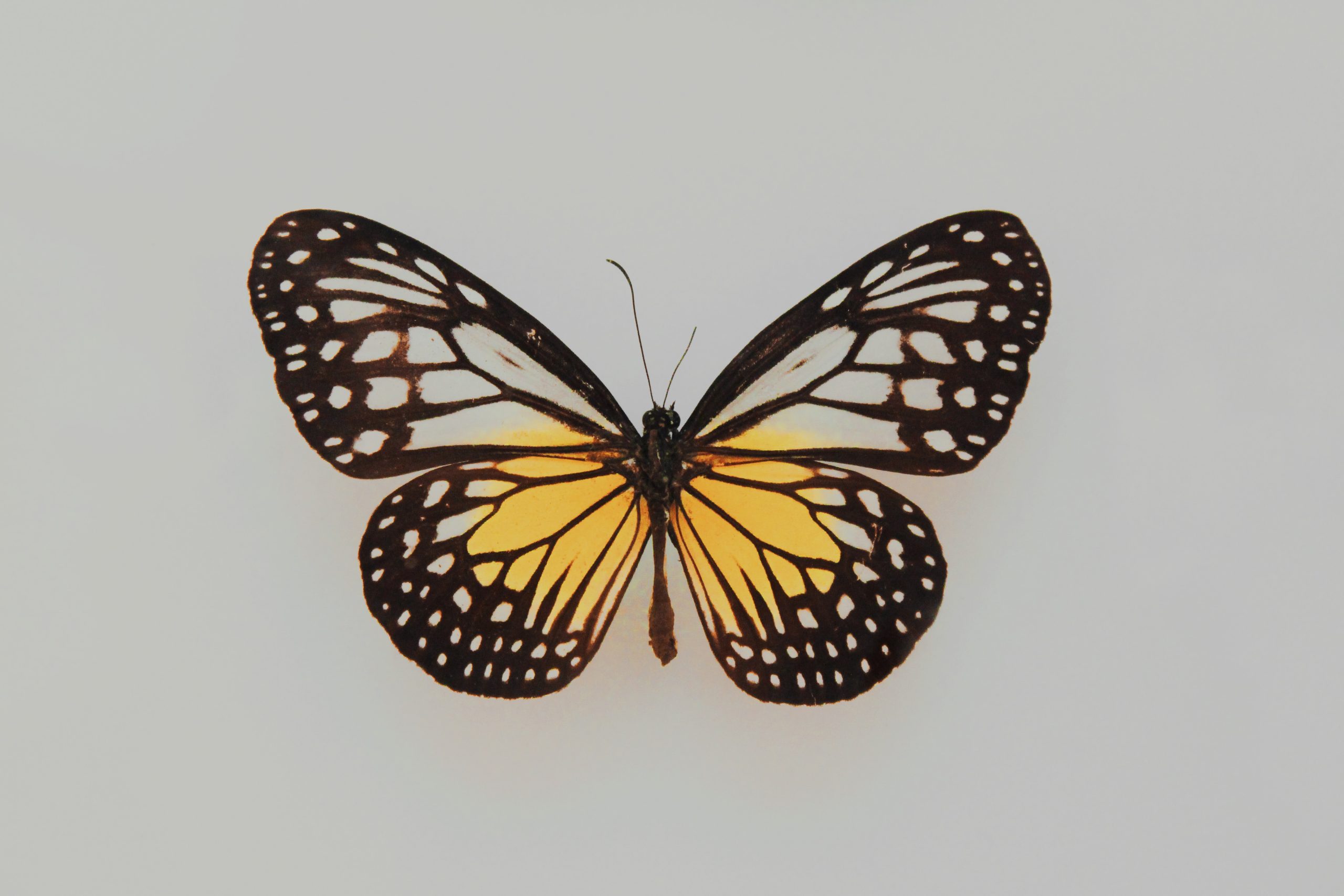The piercing gaze of their large, round eyes, the haunting hoots that echo through the night, and their graceful flight patterns make owls some of the most fascinating creatures of the avian world. These majestic birds have captured the hearts of nature enthusiasts and birdwatchers alike, but their populations are facing numerous threats. As a journalist passionate about wildlife conservation, I delve into the importance of protecting owls and shed light on the conservation efforts aimed at ensuring their survival.
Owls, with their unique adaptations and ecological roles, play a vital role in maintaining healthy ecosystems. They are efficient hunters that help regulate populations of rodents, insects, and other prey species, thereby contributing to the delicate balance of nature. However, their populations are declining due to various factors such as habitat loss, climate change, human disturbance, and illegal hunting.
One of the key conservation efforts for owls is the preservation and restoration of their natural habitats. Many owl species are highly dependent on specific types of ecosystems, such as old-growth forests, grasslands, or wetlands, for nesting, roosting, and foraging. Destruction of these habitats through deforestation, conversion to agriculture, urbanization, and other human activities can have devastating impacts on owl populations. Conservation organizations and government agencies are working tirelessly to protect these habitats through land acquisition, habitat restoration, and conservation easements.
Another crucial aspect of owl conservation is raising awareness among the public and advocating for their protection. Owls are often misunderstood and misrepresented in folklore and superstitions, leading to misconceptions and fear. Educating the public about the ecological importance of owls, dispelling myths, and promoting positive attitudes towards these birds is vital for their conservation. Many conservation organizations conduct public outreach programs, organize workshops, and engage in advocacy efforts to promote owl conservation.
Research and monitoring play a crucial role in understanding owl populations, their behaviors, and their conservation needs. Scientists and conservationists use various techniques such as radio telemetry, satellite tracking, and citizen science initiatives to study owl populations, their movements, and habitat requirements. These studies provide valuable data that inform conservation strategies, policy decisions, and management actions.
Conservation efforts for owls also involve addressing threats such as climate change and human disturbance. Climate change can affect owl populations by altering their habitats, disrupting their prey base, and changing their migratory patterns. Efforts to mitigate climate change, such as reducing greenhouse gas emissions, protecting carbon sinks, and promoting sustainable practices, are crucial for the long-term survival of owls and other wildlife.
Human disturbance, including activities such as logging, recreational activities, and noise pollution, can disrupt owl habitats, nesting, and foraging behaviors. Conservation efforts involve managing human activities in owl habitats through regulations, zoning, and education to minimize disturbance and protect their habitats.
Ethics in owl conservation also play a significant role. Conservationists adhere to ethical principles such as minimizing harm to owls and their habitats, using science-based decision-making, and involving local communities in conservation efforts. Collaborative efforts with local communities, indigenous peoples, and other stakeholders are crucial for the success of owl conservation initiatives.
In conclusion, owls are awe-inspiring birds that are facing significant challenges in their survival. Conservation efforts are vital to protect these beautiful birds and their habitats from the threats they face. Preservation and restoration of habitats, raising awareness, research and monitoring, addressing climate change and human disturbance, and adhering to ethical principles are essential components of owl conservation. As responsible stewards of our natural world, it is our duty to ensure the survival of these magnificent birds for future generations to admire and appreciate. Let us come together to protect and conserve these iconic creatures of the night – the owls.






